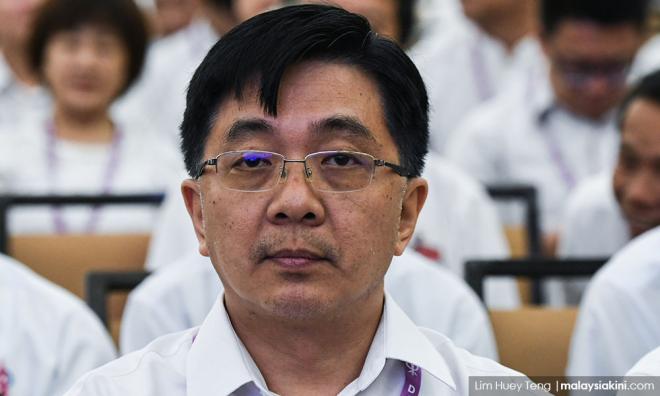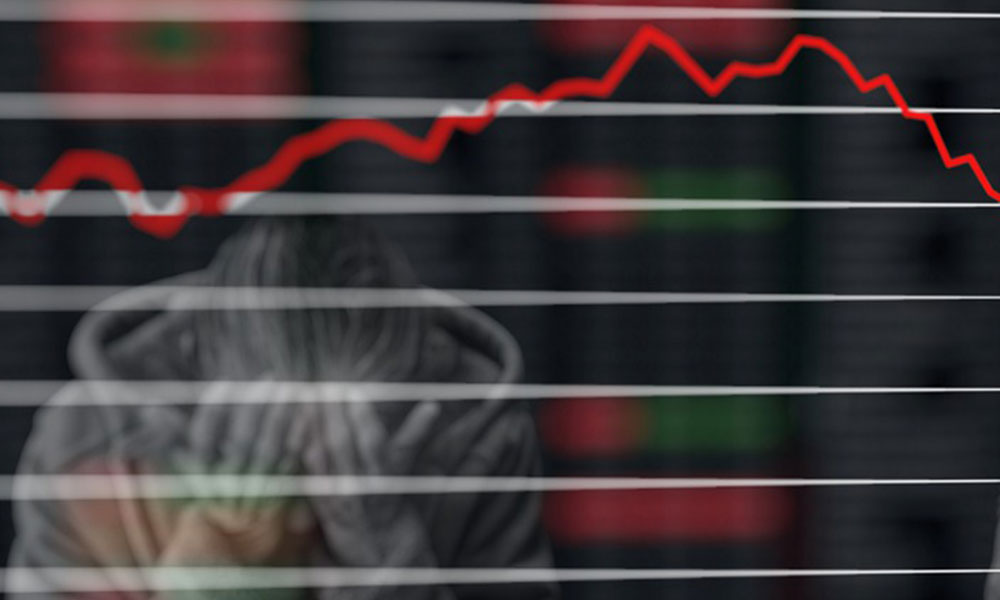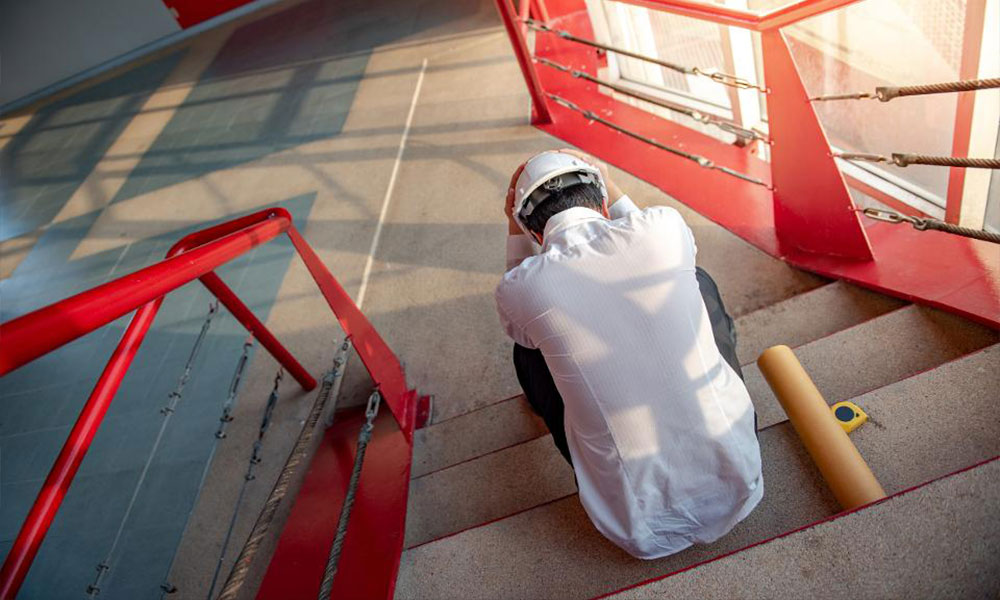
When a particular medication is no longer effective or when its side effects outweigh its benefits, that treatment must be done away with and replaced with newer and safer therapies.
According to Dr Boo Cheng Hau (above), a Johor DAP state committee member, politics has many similarities with the practice of medicine.
"As medical practitioners, we often have to progress with the latest knowledge and data in diagnostic methods and treatments. Politics is just like medicine in the way that medications with many side effects and less efficacy have to be abandoned when there are more efficacious and safer medications discovered.
"If we keep depending on the myth that an old remedy is the only way to get rid of an increasingly severe old ailment, the same pessimism will not solve the current political uncertainty," he said when describing the country's political quagmire.
Outdated and ineffective policies, he said, are like old medicine with many side effects and an ineffective old policy would escalate sequels caused by itself rather than solving the problems.
"Malaysia has been plagued by institutional racism, corruption, cronyism and nepotism, and yet we have depended on the old remedies which have caused the problem in the hopes that it will cure the old ailments.
"We need to be bold enough to seek new treatment regimens to cure them. But before that, the nation needs to realise and admit the problems before we can cure them.
"At times, corruption and cronyism are actually legalised, especially to maintain the grip on political power by handing out GLC positions to political protégés. All these corrupt practices have been viewed as a political norm in Malaysia. We need a national consensus and determination to do away with them," he said.
Boo is a veteran politician who was the Skudai state assemblyperson from 2008 to 2018.
According to Boo, who has 29 years in medical practice, the present Perikatan Nasional government's response to the pandemic was sluggish at first.
This is because "their leaders were busy manoeuvring a power grab when the Covid-19 epidemic was about to spike," he said.
Mismanagement can lead to upheavals
Even though the country seems to have handled the crisis better than its neighbours by implementing the movement control order (MCO), Boo said we still have to prepare for the post-MCO period, not only for any potential Covid-19 third wave but also a possible economic recession.

"Giving financial handouts to low-income families is only a small part of socio-economic measures needed to contain the frustrations faced by the people. There should be more allocations and long-term measures to help businesses and industries, including small and medium enterprises (SMEs), to recover and transform their ways of production during and after the pandemic," he said.
More importantly, the government has to promote new highly technological industries and upgrade our scientific research capacity, he added.
Boo said that nations less industrialised than Malaysia in the 1970s are now racing to develop efficient tests kits for Covid-19 diagnosis.
He gave the example of South Korea, Taiwan and Singapore, who are moving forward to develop diagnostic test kits and vaccines for Covid-19 "as soon as their scientists receive the data on the genome sequences of the virus."
"What has Malaysia achieved in this race while we have many biotechnology GLCs? The answer is none. We fail to turn a crisis into a new economic frontier. While our biotechnology GLCs remain passive, the private biotechnology companies do not receive enough financial support and incentives from the government to venture into new technological and economic frontiers.
"Hence, our state-capitalist economic model has been revealed to be uncompetitive by this pandemic. We have to use this crisis as a motivating force to transform our economic model from labour-intensive manufacturing to high tech skill-intensive and research-based economy," he added.
On job losses and retrenchments, Boo said that the government must be prepared to redeploy returning workers from overseas after the lockdowns in other countries are lifted.
"There are three dimensions to this problem when an economic recession is anticipated to be underway coupled with worker retrenchments and corporate wind-ups. Firstly, retrenched local workers have to be subsidised for job skill retraining and upgrading.
"Secondly, both unemployed legal and undocumented foreign workers have to be repatriated properly. Thirdly, the government has to also reallocate job placements for returning retrenched Malaysians working overseas due to economic recession in other countries subsequent to the pandemic.
"Mismanagement of the crisis would potentially lead to social upheavals in the future," Boo warned.
Unemployment's serious side effect
He said that those returning from overseas "are mostly skilled and high-tech workers who would help propel Malaysia into the league of advanced industrial nations by helping us venture into high-technology and research-oriented industries.

"On the other hand, local workers have to be re-trained with higher skills to prepare them for better job opportunities later.
"Proper repatriation of foreign workers to their respective native countries would ensure our links to these countries and move our manufacturing industries there.
"This would help them develop their own respective consumer markets and continue rebuilding their livelihoods in their own respective native countries," he said.
Boo expected the unemployment rate to surpass 10 percent towards the end of the year.
This, he said, is a big challenge for the government to not only create more jobs but more high skill work by turning the crisis into an opportunity to move away from the traditionally labour-intensive manufacturing industries highly dependent on foreign workers.
"We have to move towards a technology-intensive economy that creates a better competitive workforce and with more lucrative financial returns for both employers and employees."
According to Boo, there are about 2.8 million Malaysians who are self-employed and daily paid workers.
"Small self-employed businesses constitute nearly 18 percent of employment. The government has not provided any assistance to this group of workers. The government, including both Finance and Health Ministries, should find a way for them to reopen businesses by providing workable standard operating procedures (SOPs), including training them on hygienic and preventive measures in the spread of Covid-19.
"They must impose regular on-the-spot Covid-19 testing for them (the workers) to ensure their safety and that of customers through government health clinics or primary care general practitioners."
He said these measures could minimise the risk of another resurgence of outbreaks if extensive testing has been done after reopening the economy.
The most workable solution is to assist this group to go back to work safely and allow them to stand on their feet again.
D ANANDA is a political observer and a former journalist. - Mkini



No comments:
Post a Comment
Note: Only a member of this blog may post a comment.